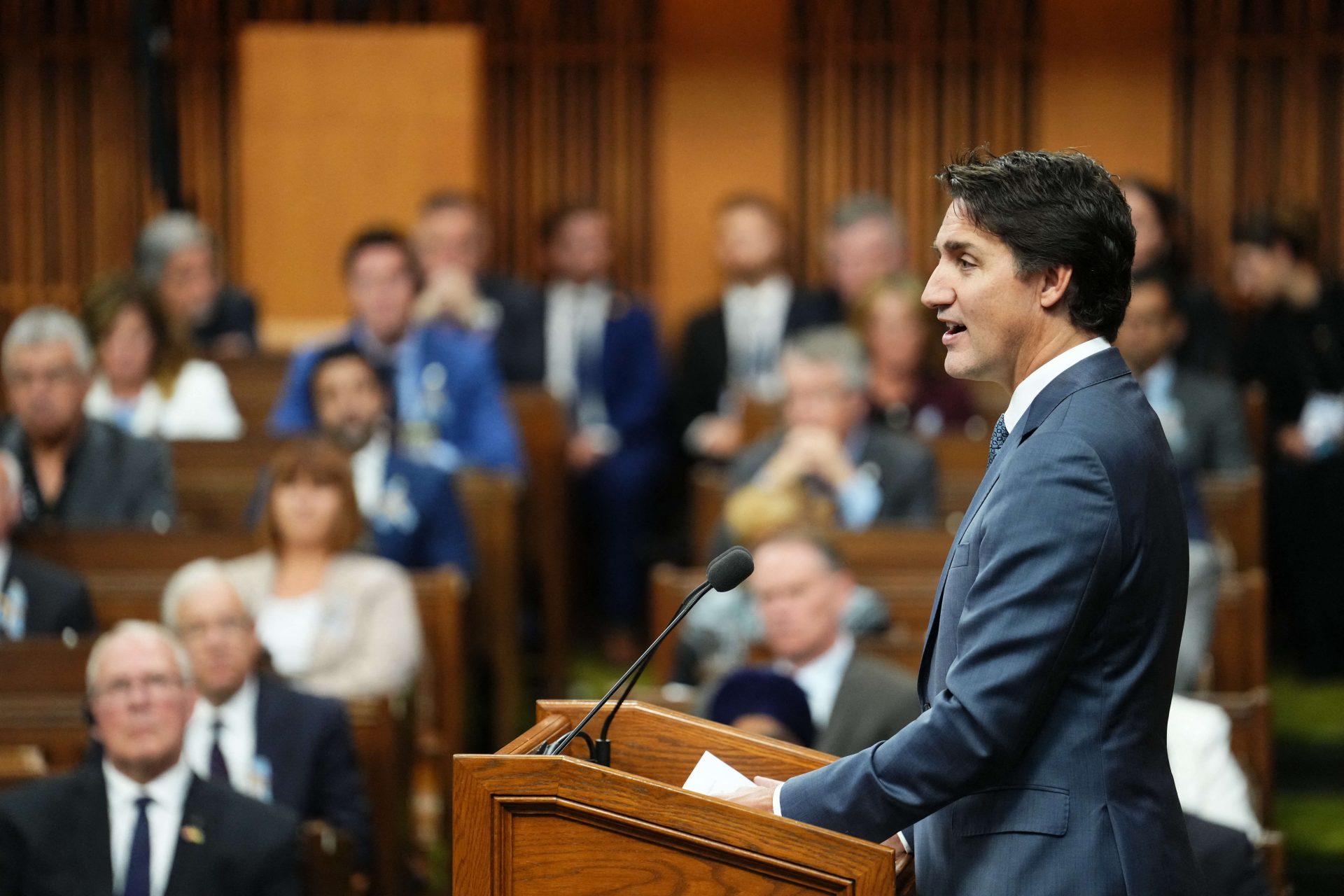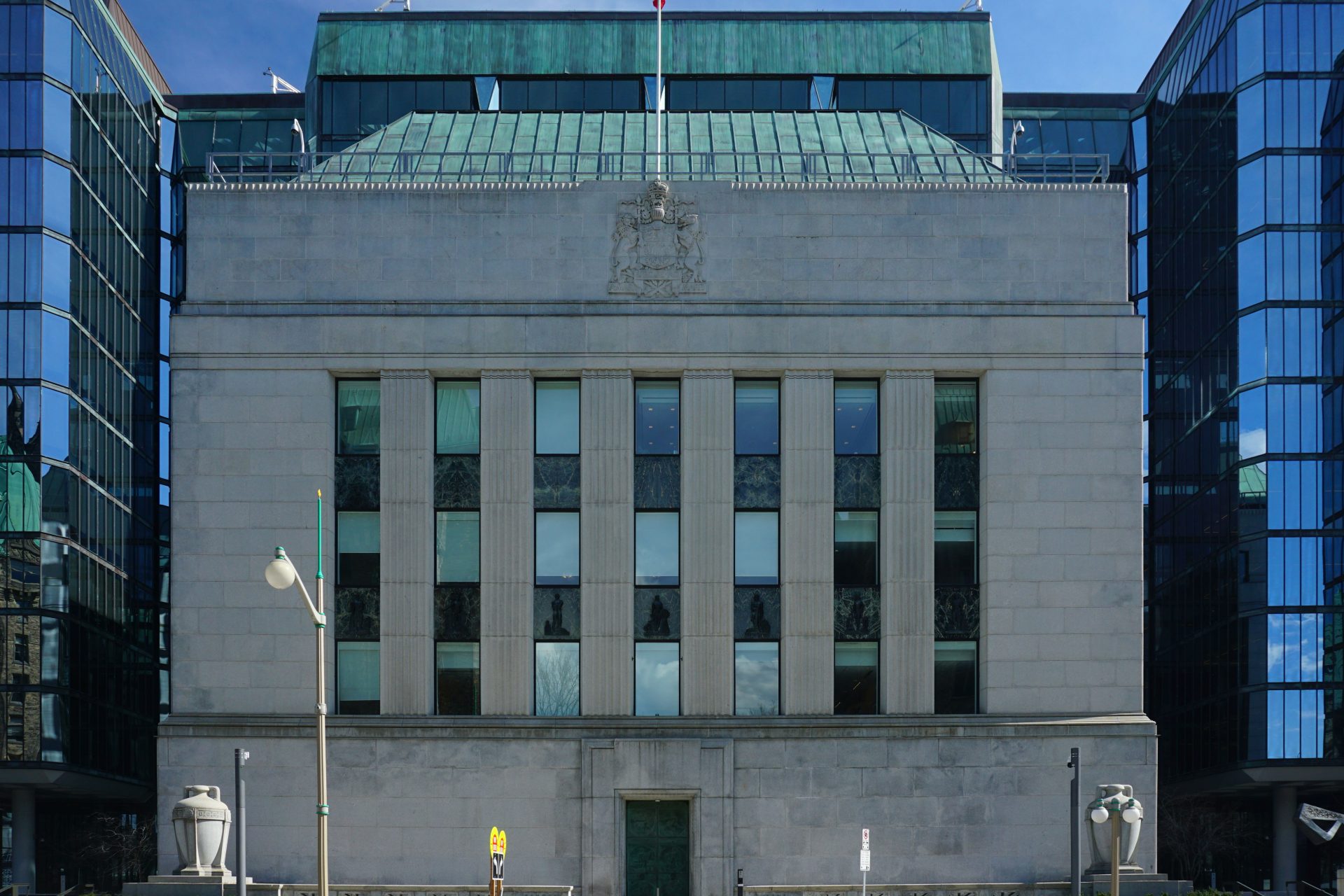Did you know Canada will grow more than the United States over the coming years?
Canada has been experiencing a state of economic uncertainty since the end of the global pandemic, but the country is expected to experience higher growth than was previously predicted according to the International Monetary Fund.
Runaway inflation and extraordinarily high housing prices have worried those looking at the Canadian economy. However, a recent report from the International Monetary Fund (IMF) revealed Canada has achieved a soft landing following its financial woes and will see higher-than-expected growth.
Reuters reported that the soft landing remark statement by the IMF report was referencing a scenario in which interest rate rises by the Bank of Canada have been enough to soften inflation without resulting in a recession.
“Canada's economy has been posting positive growth this year, although economists say it is lackluster, and the rate of inflation has consistently stayed in the bank's target range of 1% to 3%, albeit hovering at the upper end,” Reuters explained.
Inflation in Canada has cooled to below the Bank of Canada’s target rate of below 3% according to a July 16th report on inflation in June 2024 from Statistics Canada, which noted the Consumer Price Index (CPI) only rose 2.7% year-over-year.
CPI was down from its 2.9% gain in May 2024, and the recent deceleration was largely driven by the slowing down of gasoline prices year-over-year according to the government agency’s reporting. This was good news for Canadians.
"Inflation has come down almost to target, while a recession has been avoided, with GDP growth cushioned by surging immigration even as per capita income has shrunk," the IMF explained about the situation in Canada in its Article VI report, Reuters noted.
Cooling inflation led the IMF to upgrade its forecasting on Canadian growth over the next two years and projected Canada would grow by 1.4% in 2024 and 2.4% in 2025, which is slightly more than some other developed nations.
The United States is expected to grow by 2.6% in 2024 but only 1.9% in 2025 while the United Kingdom will see 0.7% growth in 2024 and 1.5% growth in 2024. Global growth is expected to remain at a 3.2% rate for 2024 and 3.3% in 2025.
“The good news is that, as headline shocks receded, inflation came down without a recession,” explained Pierre-Olivier Gourinchas—an economic counselor and director of research at the IMF—in a blog post that accompanied the IMF’s report.
“The bad news is that energy and food price inflation are now almost back to pre-pandemic levels in many countries, while overall inflation is not,” Gourinchas noted, adding “pressure on services and wages may keep inflation higher than desired.”
In June 2024, the Bank of Canada cut interest rates in the country by a minor 25 basis points to 4.75%, making Canada the first G7 country to do so following the inflationary chaos of the post-pandemic years according to Reuters.
Rates in Canada were at more than a two-decade high but the strategy from the Bank of Canada seems to have worked since inflation has cooled in the country while all of the economic indicators suggest Canada has reached a soft landing.
Whether or not the good news will lead to further interest rate cuts this year is unknown, but the IMF noted that "further rate cuts should continue to be carefully calibrated and data dependent,” a sentiment Reuters reported echoed Bank of Canada Director Tiff Macklem’s comments on the possibility of more rate cuts.
"We've come a long way in the fight against inflation. And our confidence that inflation will continue to move closer to the two percent target has increased over recent months," Macklem said in June when interest rates were cut according to CBC News.
“Canadians can reasonably expect more cuts so long as inflation continues to ease, and the bank maintains its confidence that inflation is steadily approaching the bank's two percent goal,” Macklem continued.
"We don't want monetary policy to be more restrictive than it needs to be to get inflation back to target. But if we lower our policy interest rate too quickly, we could jeopardize the progress we've made," Macklem added.
On July 24th, the Bank of Canada cut the country's key overnight interest rate by another 25 basis points, a move RBC noted "was in line with market and our own expectations ahead of the announcement."
Photo Credit: Wiki Commons By 方畢可, Own Work, CC0
On July 31st, Statistics Canada revealed that the country's GDP grew by o.2% in May following a 0.3% increase in April. Fifteen out of twenty sectors expanded in May with much of Canada's growth occurring in goods-producing industries.
"The Canadian economy performed slightly better than expected in May, amidst rising expectations for the Bank of Canada to make further cuts in interest rates this year," Financial Post's Naimul Karim wrote about the GDP update from Statics Canada
More for you
Top Stories

































